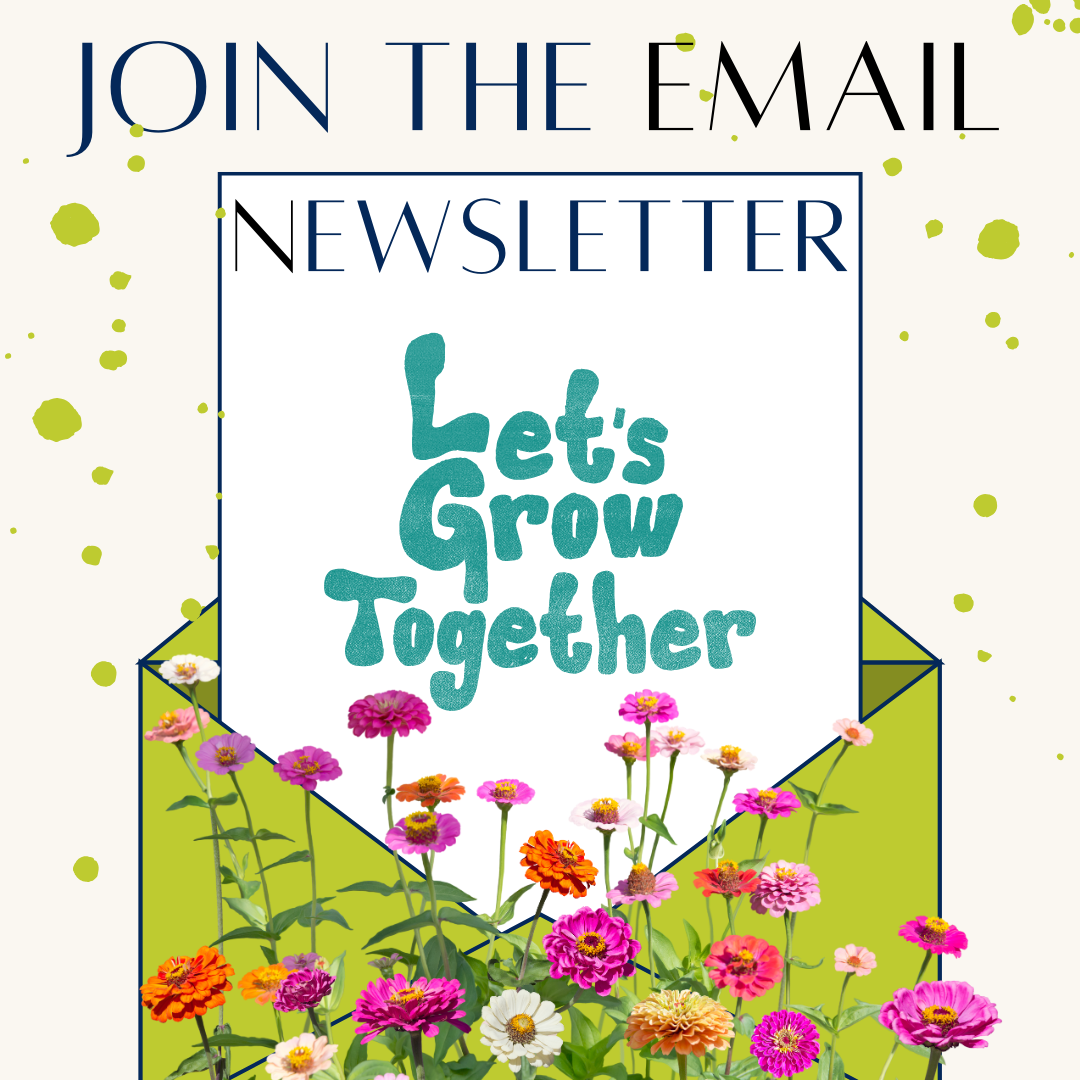Equitably Inclusive
Defining Statements:
“The foundations of equity literacy are (1) a commitment to deepening individual and institutional understandings of how equity and inequity operate in organizations and societies, and (2) the individual and institutional knowledge, skills, and will to vigilantly identify inequities, eliminate inequities, and actively cultivating equity. At the individual level, when we embrace equity literacy we learn to become a threat to the existence of inequity and an active cultivator of equity in our spheres of influence.
More than cultural competence or diversity awareness, equity literacy prepares us to recognize even the subtlest forms of bias, inequity, and oppression related to race, class, gender identity and expression, sexual orientation, (dis)ability, language, religion, immigration status, and other factors. Through equity literacy we prepare ourselves to understand how experience disparities, not just quantitatively measured outcome disparities, affect student access to equitable educational opportunity free of bias, inequity, and discrimination.
According to the equity literacy framework, equity is not merely about giving every student what they need to succeed in an individual sense. This way of imagining equity obscures our responsibility to address institutional bias and inequity. Instead, equity is a process through which we ensure that policies, practices, institutional cultures, and ideologies are actively equitable, purposefully attending to the interests of the students and families to whose interests we have attended inequitably. By recognizing and deeply understanding these sorts of disparities, we prepare ourselves to respond effectively to inequity in the immediate term. We also strengthen our abilities to foster long-term change by redressing institutional and societal conditions that create everyday manifestations of inequity.”
-The Equity Literacy Institute
A truly inclusive organization – an organization that welcomes, respects, supports, and values diversity within the organization – invests in programs that build relationships with diverse communities, develops and empowers diverse leadership, invests in staff and community development, through knowledge and action, systematically changes the culture of the organization so that all individuals and groups are encouraged to fully participate.
-The Adaway Group
“If this nation has a long way to go before all of our people are truly created equally without regard to race, religion, or national origin, it has even farther to go before achieving anything that remotely resembles equal treatment for other creatures who called this land home before humans ever set foot upon it.”
- Columbia River Tribes activist Ted Strong in Wana Chinook Tymoo as read in All Our Relations: Native Struggles for Land and Life by Winona LaDuke
We understand equity as personal and structural understandings and actions that shape how we engage with our worlds. We are guided by equity informed inclusivity and embody these frameworks through shaping our garden organization, membership structures, relationship to the non-human alive, and individual practices.
Here’s how (actions) we’ve done it before:
- Interrogating our awareness of who is in the garden/project and who isn’t
- Taking a lot of time to lay foundations through vision mapping and explicit roles and accountabilities
- Open invitation to vision/value building
- Non-competitive application process
- Educating ourselves- Who are we listening to/drawing from: soul fire farm/farming while Black; North East Farmers of Color
Here’s the ‘how’ we are interested in doing it in the upcoming season(s):
(We're in process, check back soon!)

